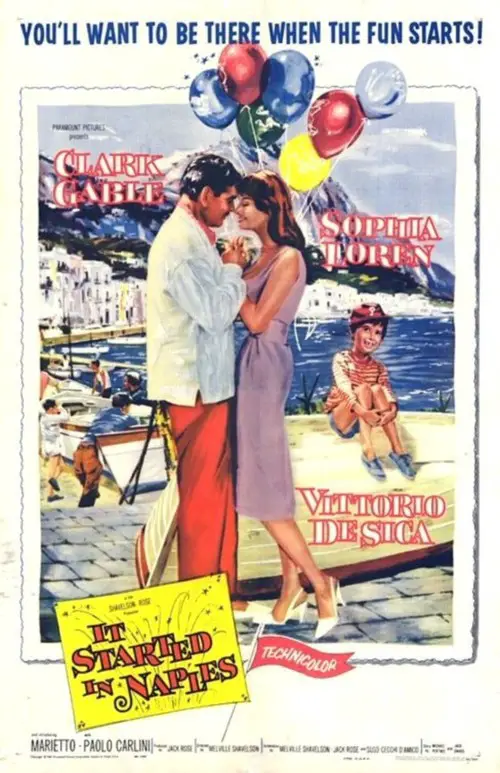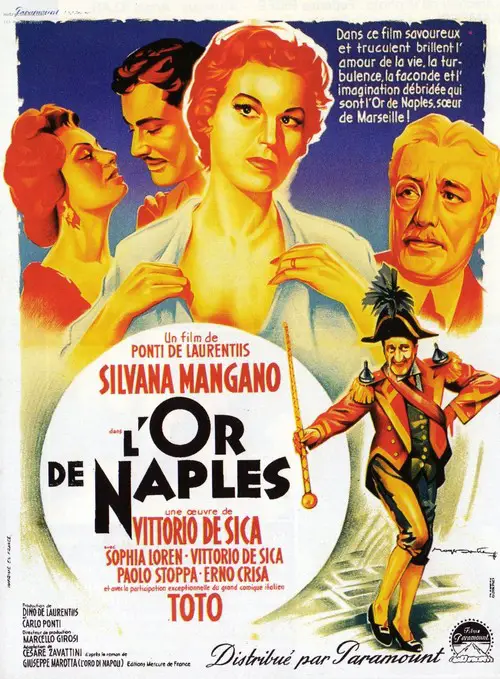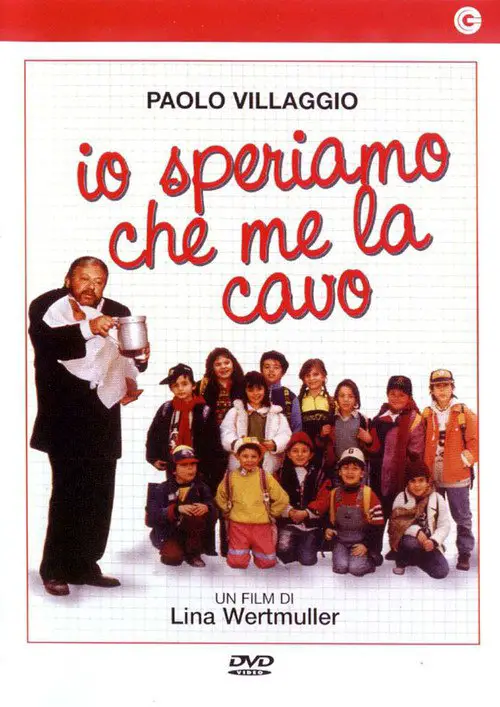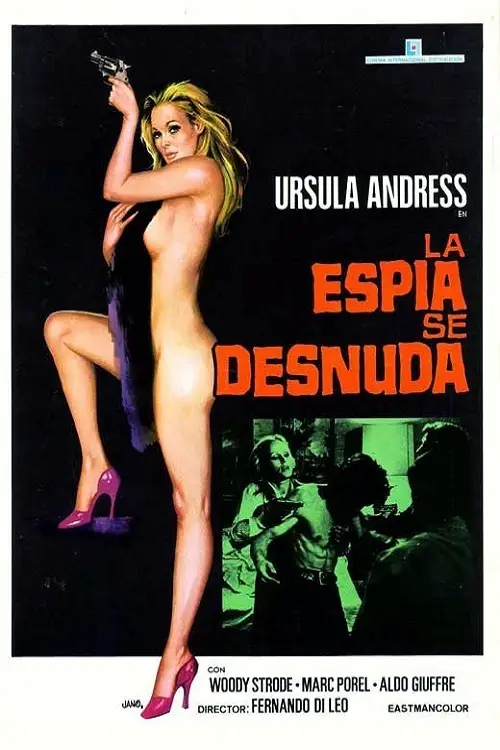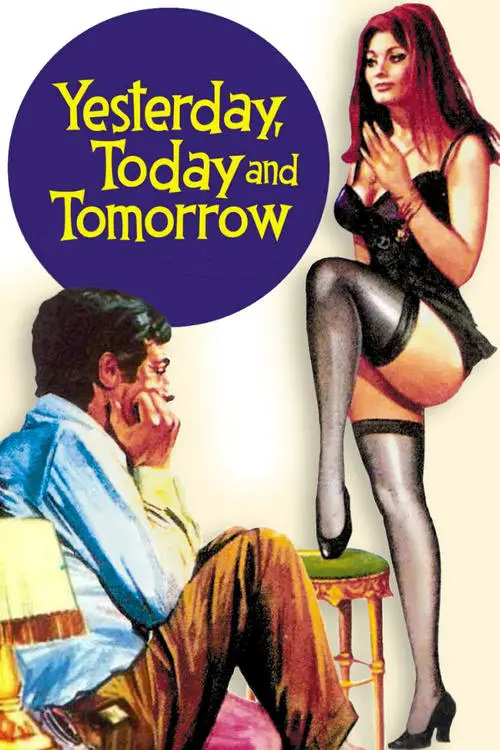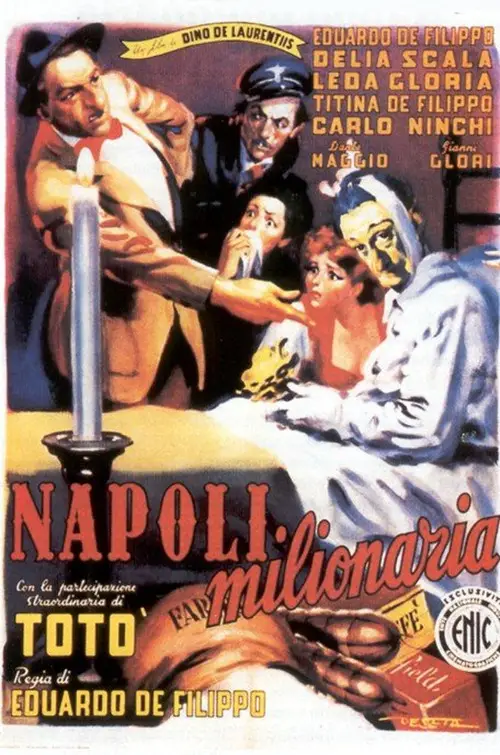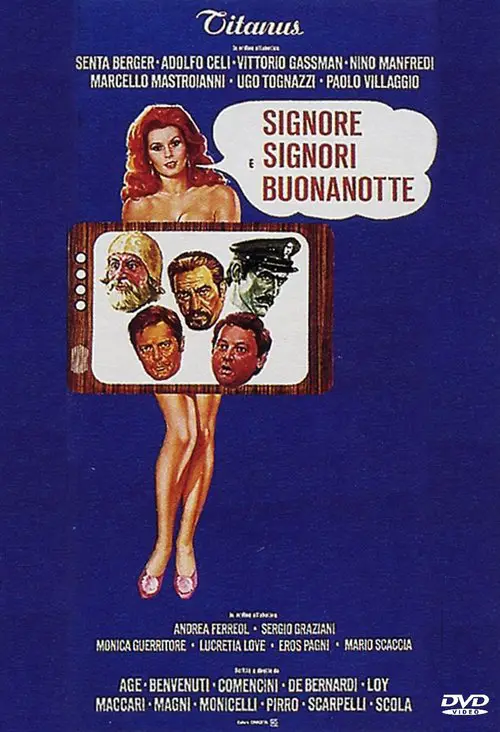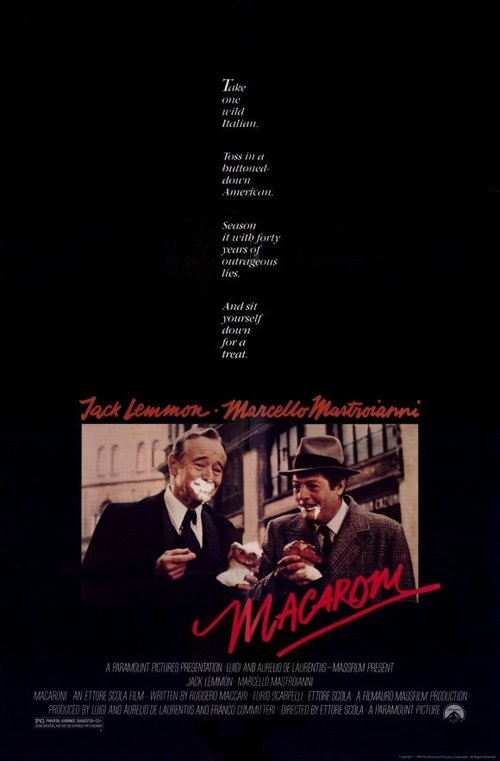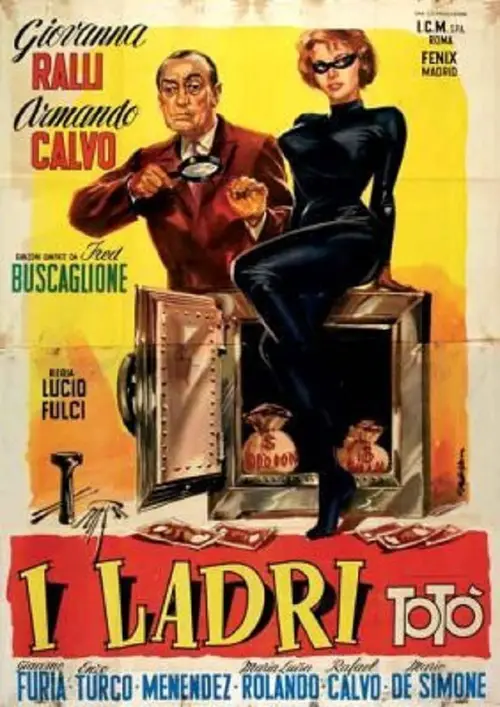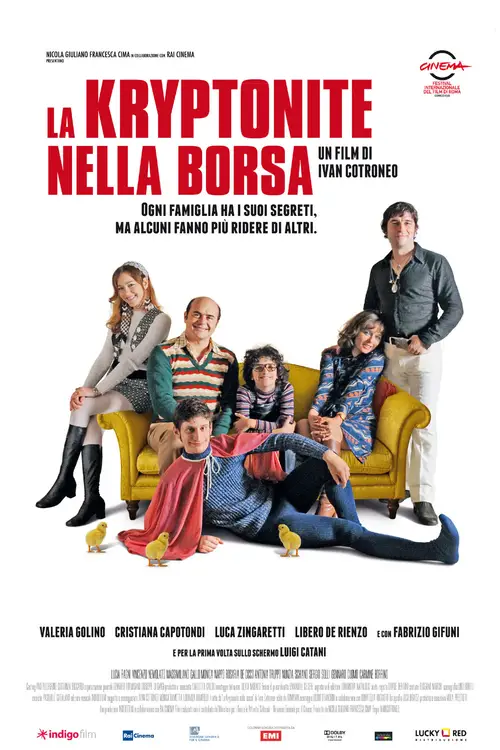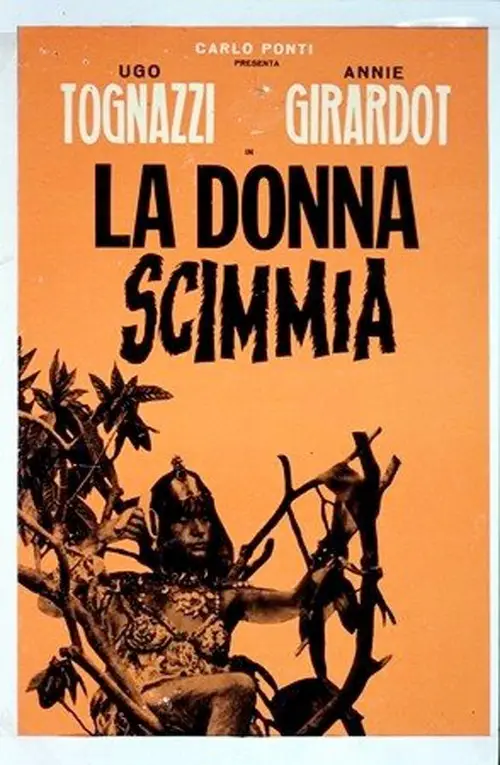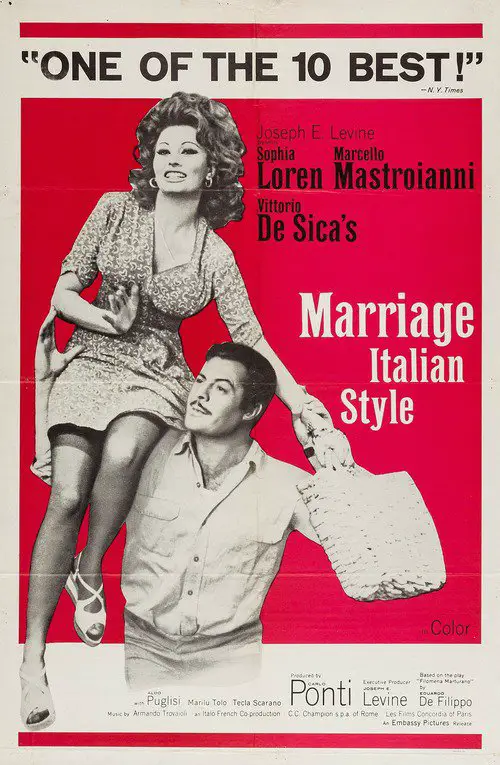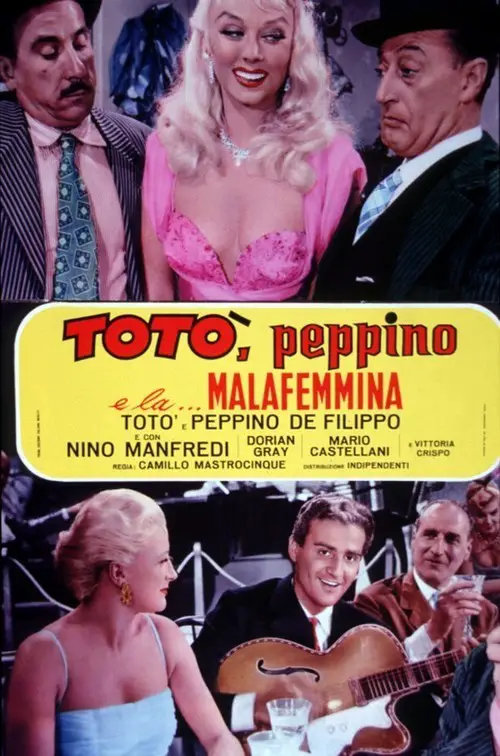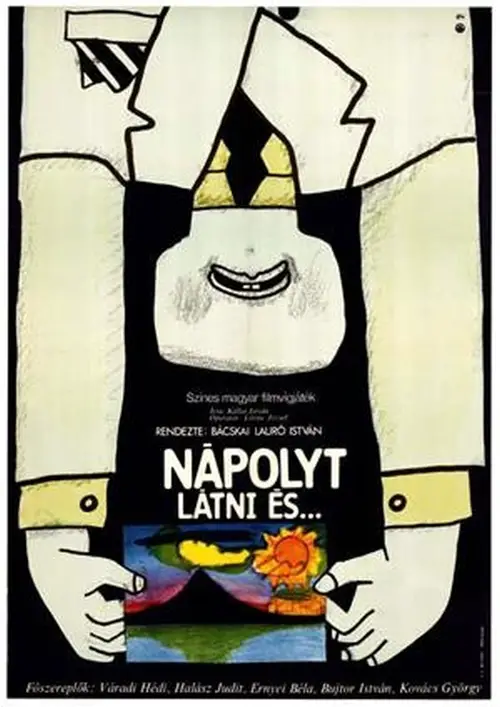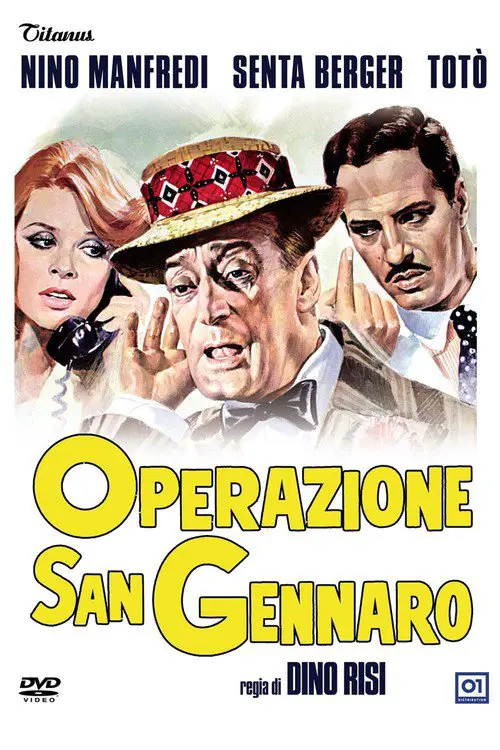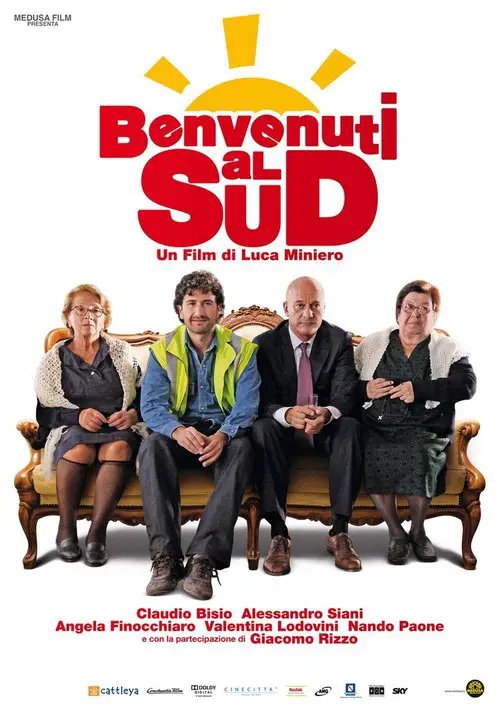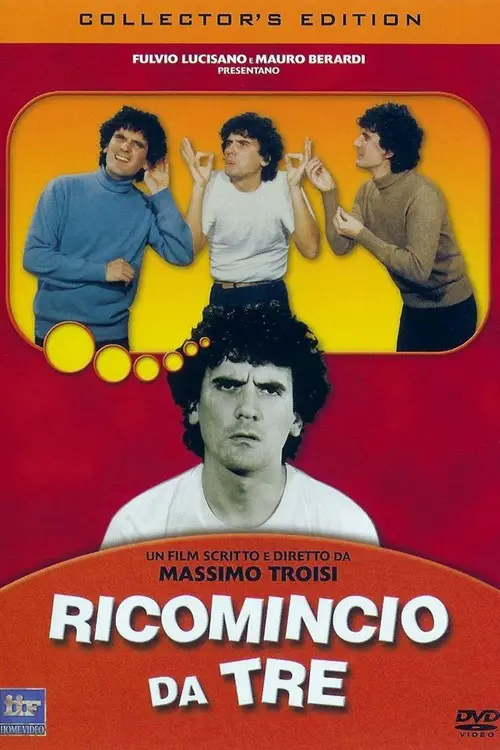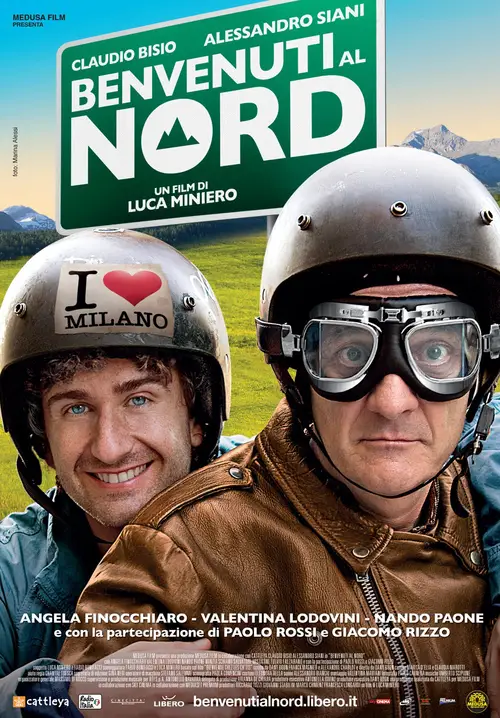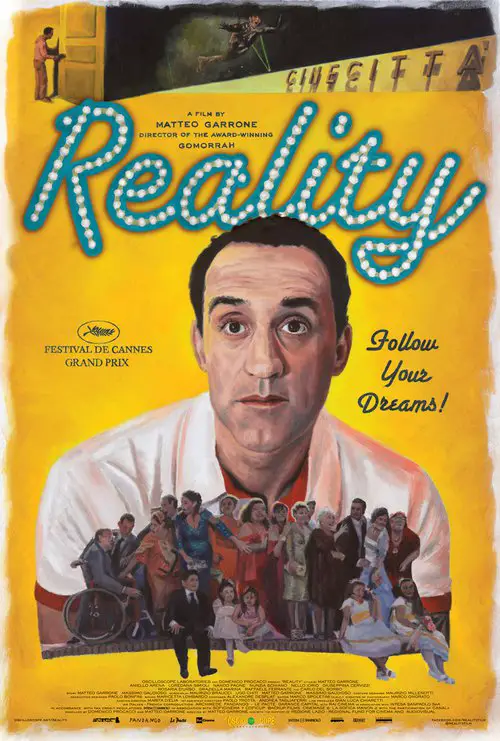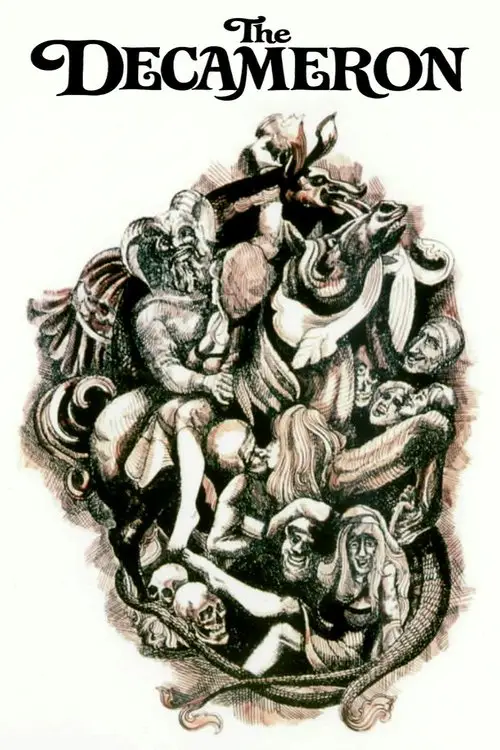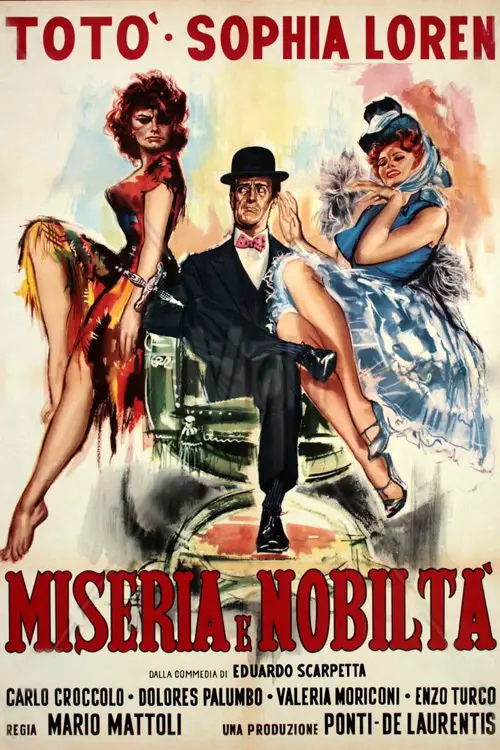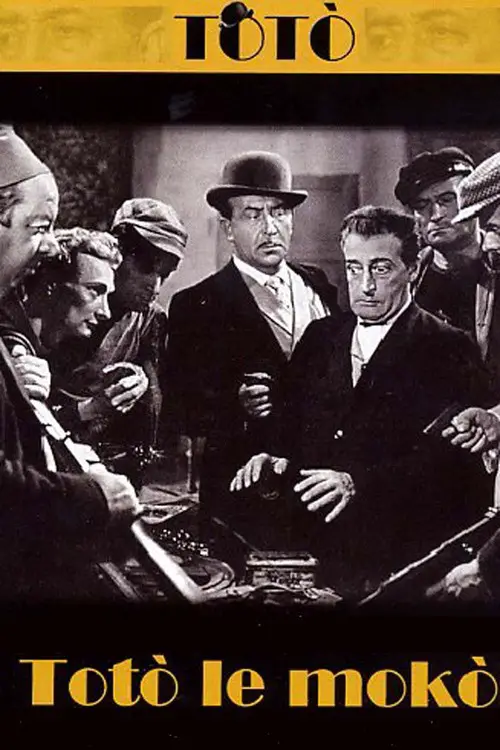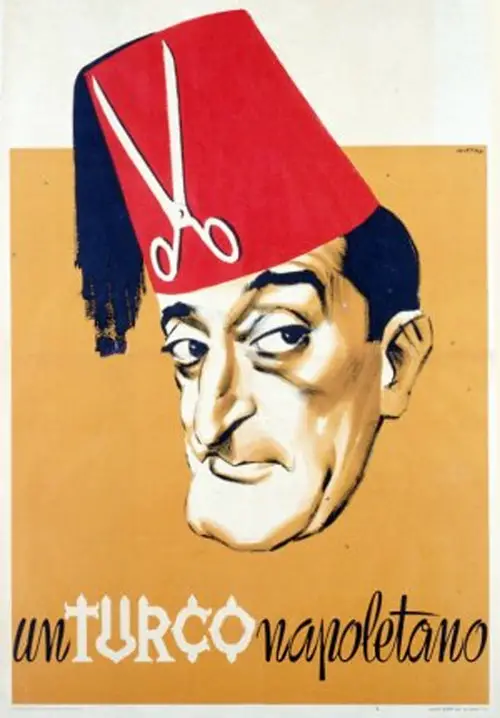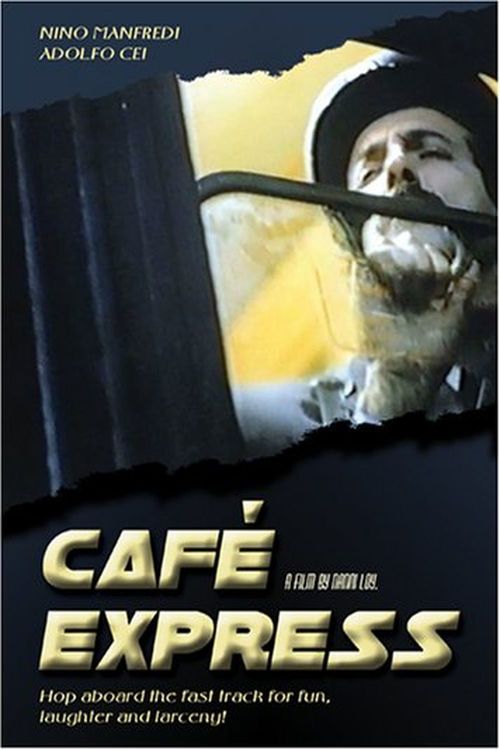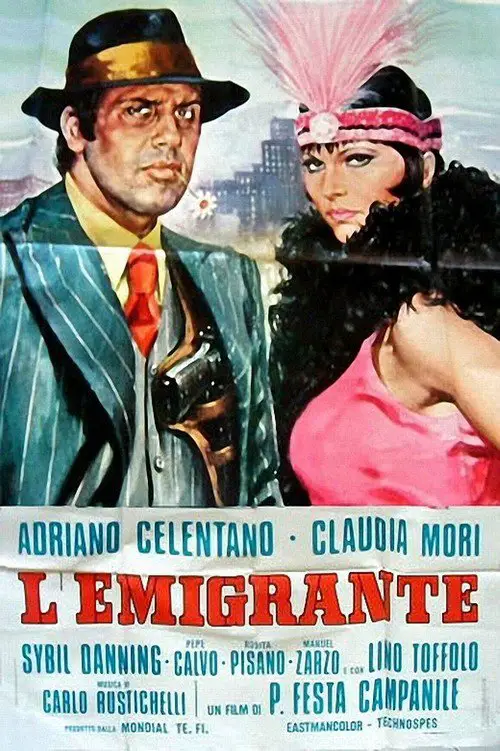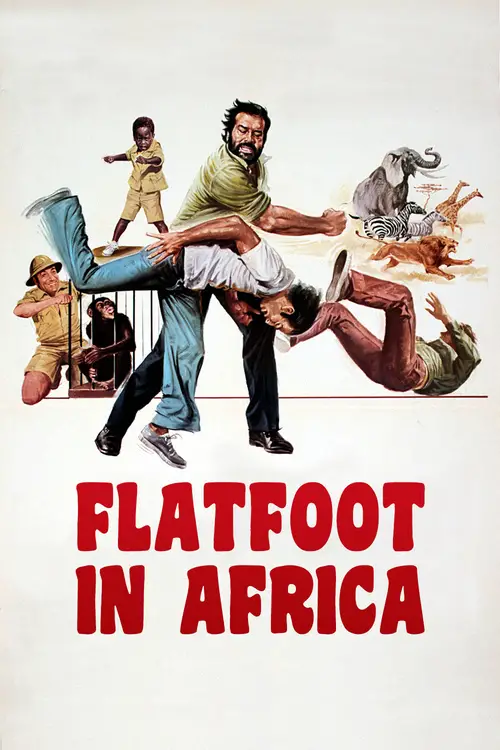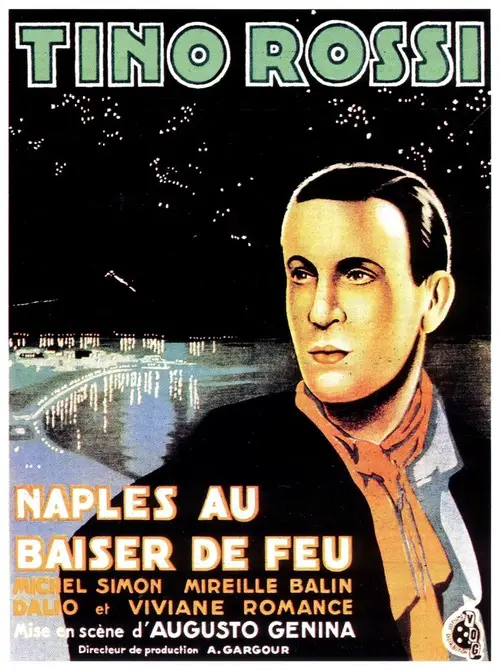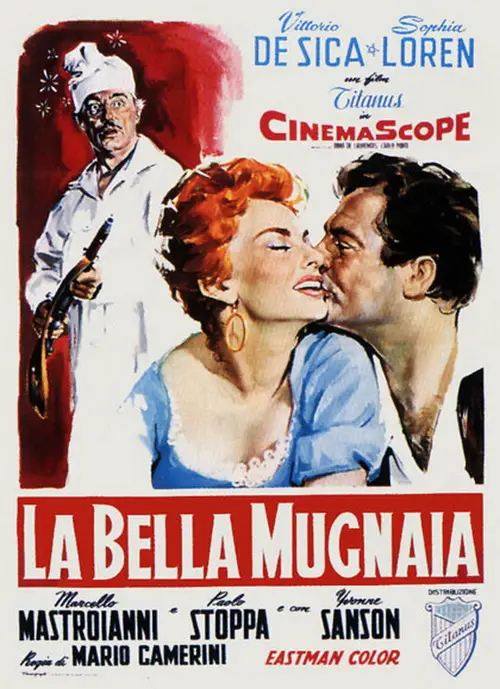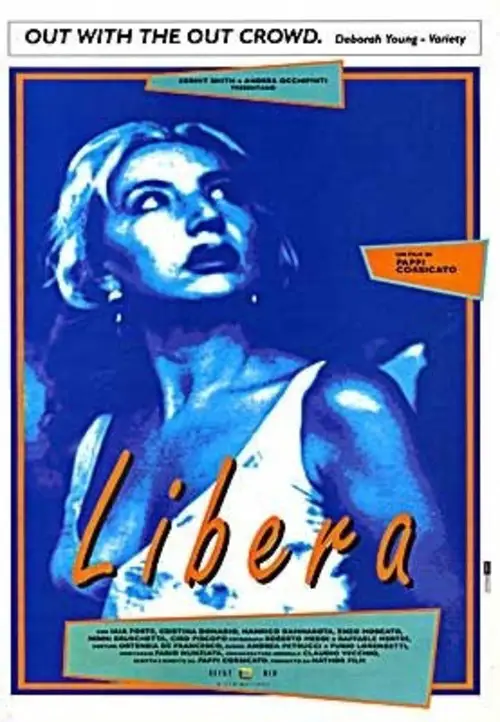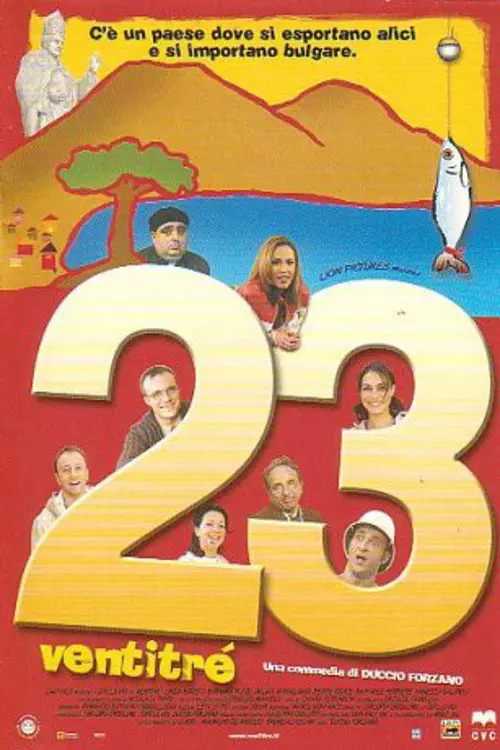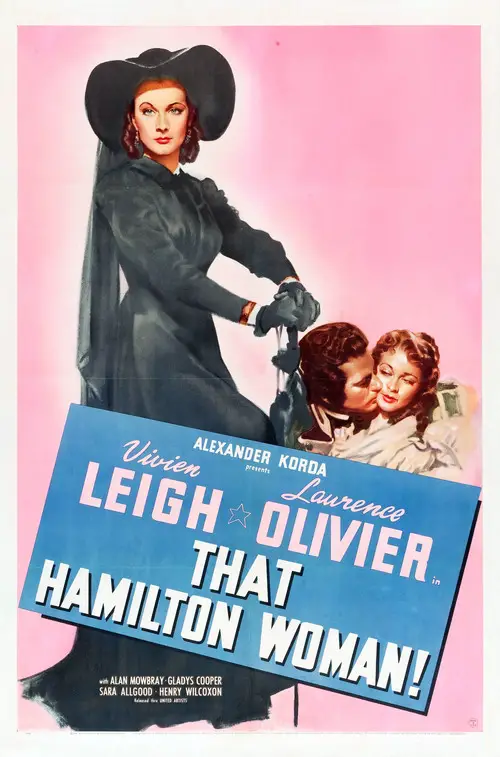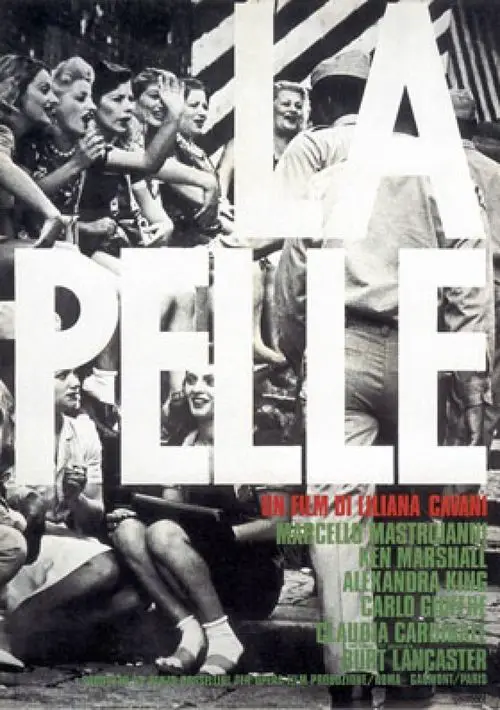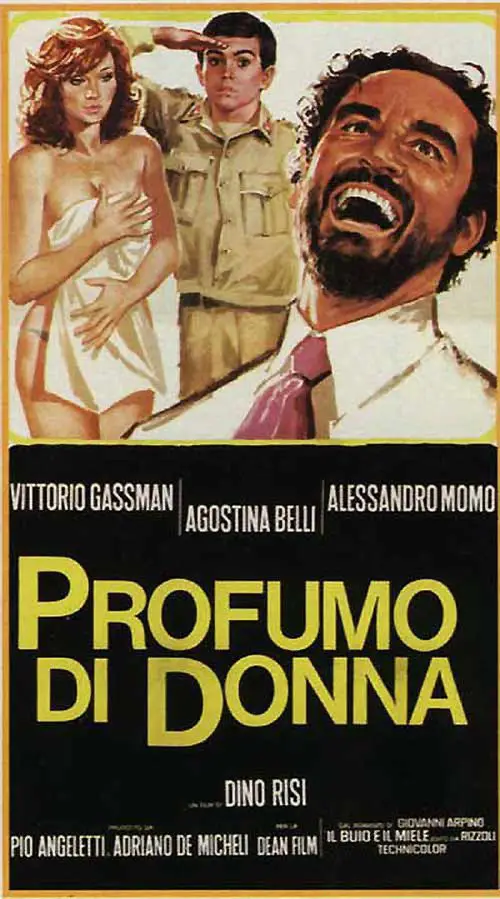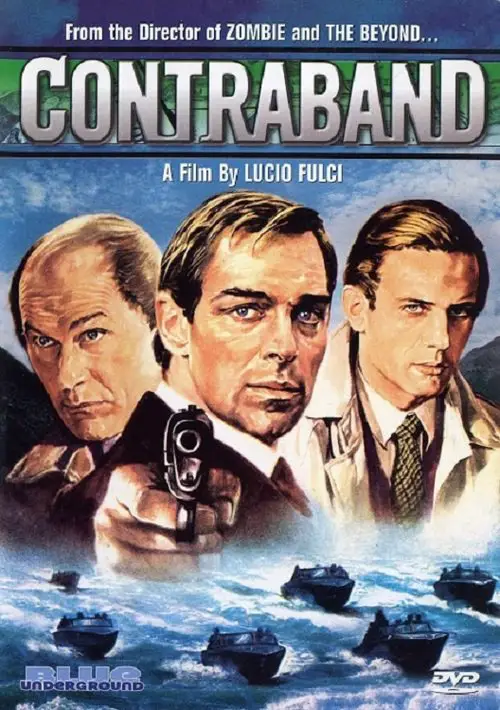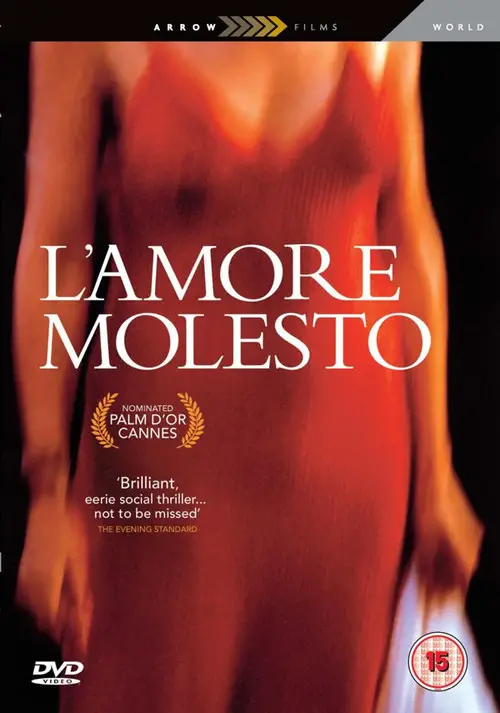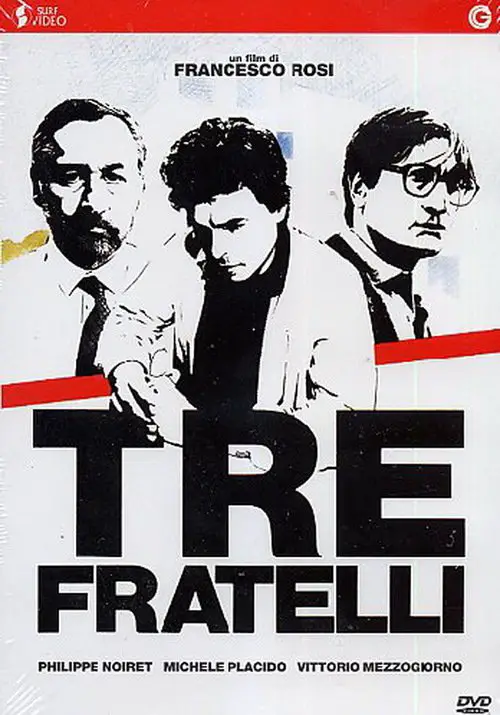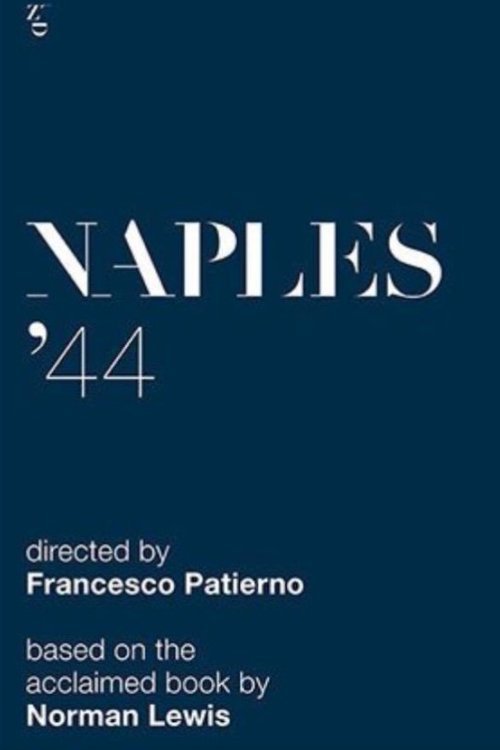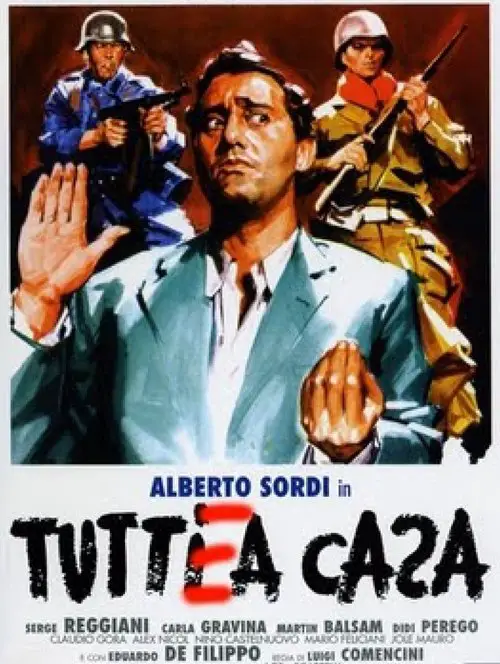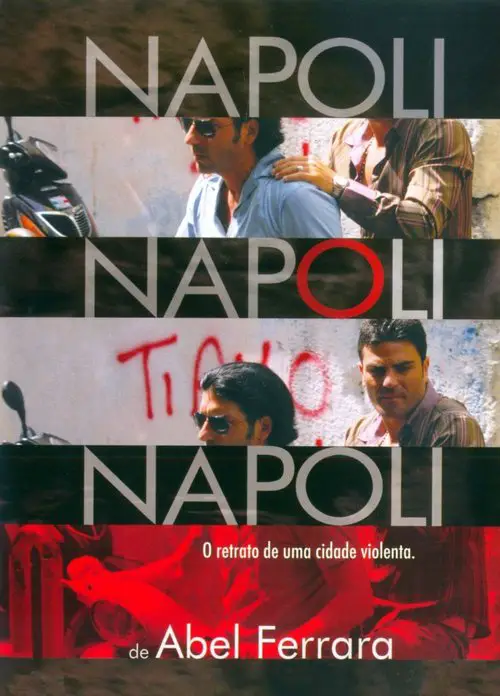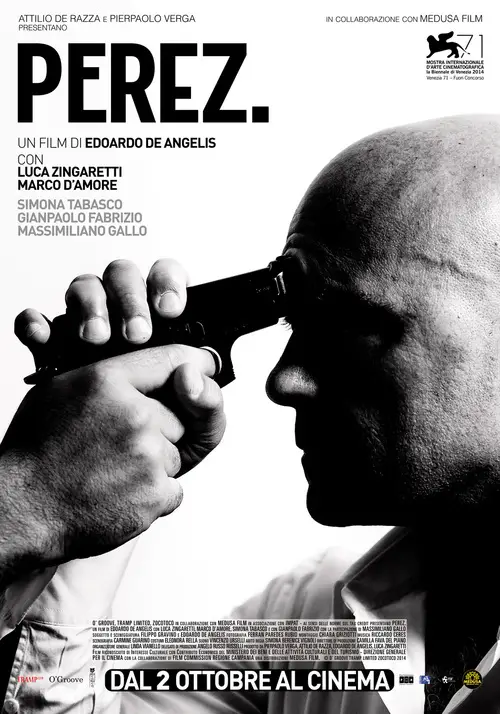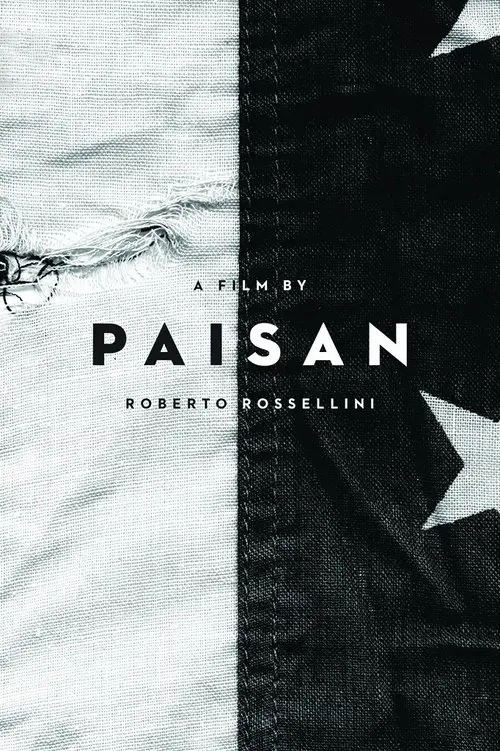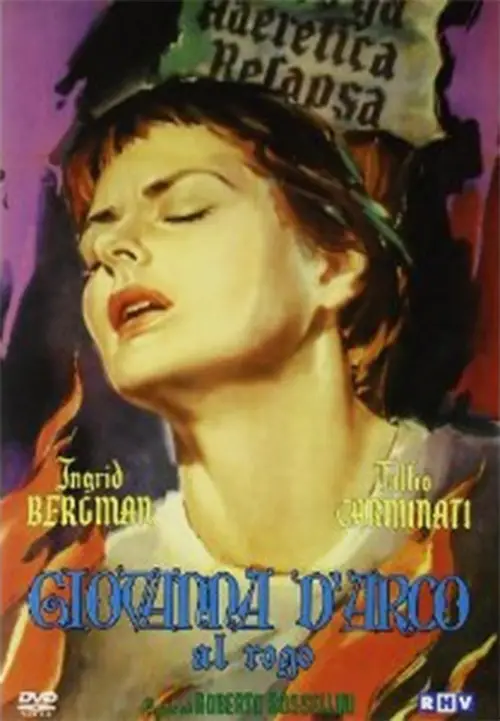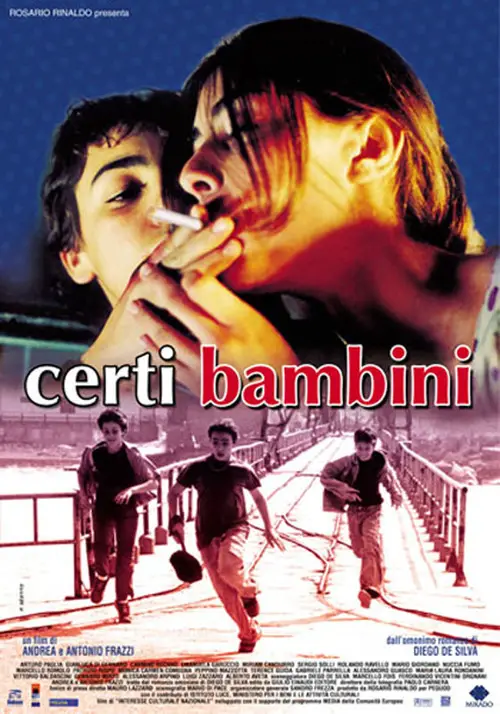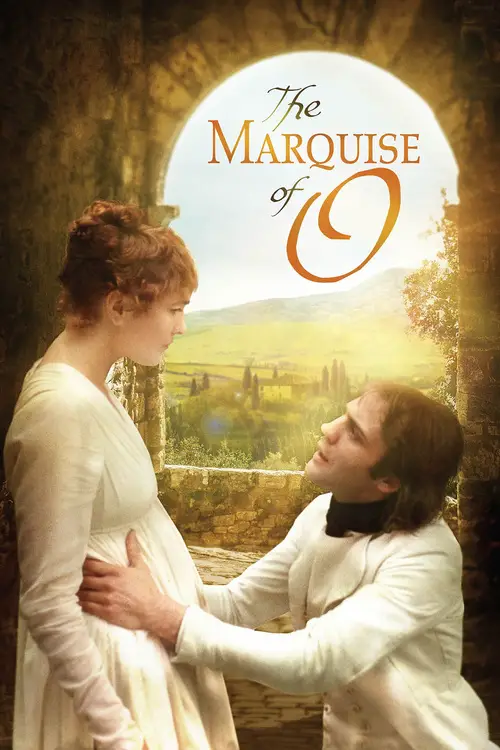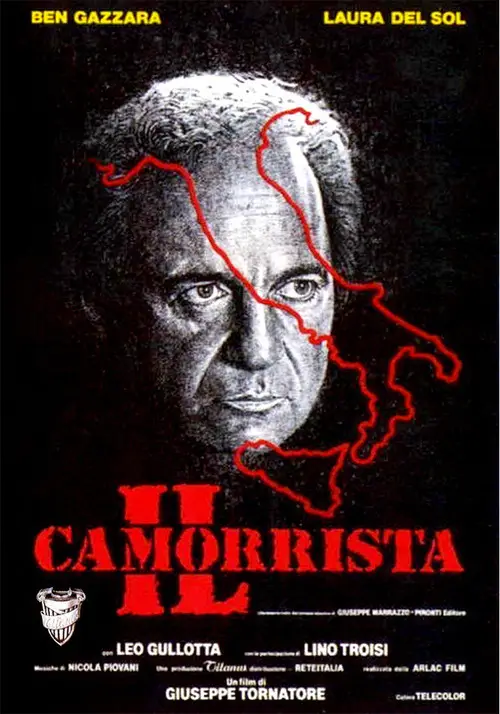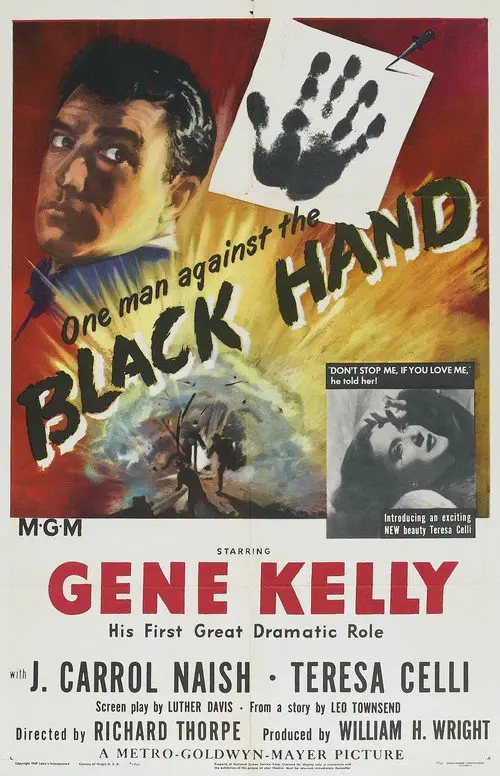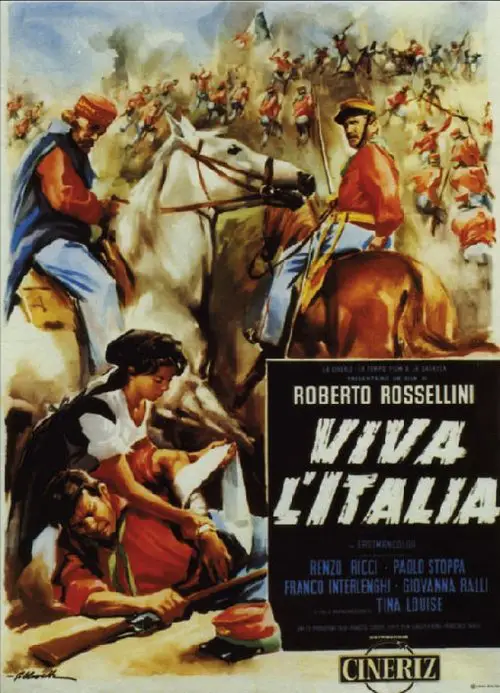Scusate il ritardo (1983)
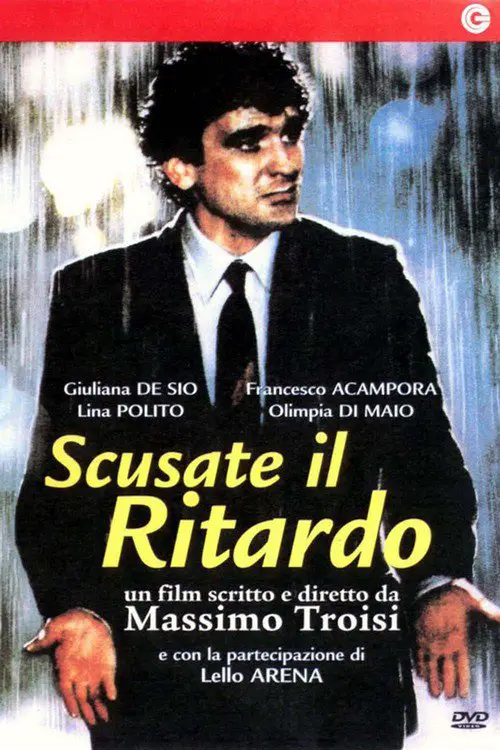
Similar movies
Mike Hamilton, a Philadelphia lawyer, comes to Naples to settle the estate of his long estranged "black sheep" brother. Once there, he discovers that the deceased has left an 8 year old boy who is being raised by Michael's sister-in-law Lucia Curcio. To make matters worse, Lucia happens to be a sexy nightclub dancer.
Tribute to Naples, where director De Sica spent his first years, this is a collection of 6 Napolitean episodes : a clown exploited by a gangster ; an inconstant pizza seller (Sofia) loosing her husband's ring ; the funeral of a dead child ; the gambler Count Prospero B. defeated by a kid ; the unexpected and unusual wedding of Teresa, a prostitute ; the "professor" Ersilio Micci, a "wisdom seller".
Stories about three very different women and the men they attract. Adelina sells black-market cigarettes in Naples, is married to the unemployed Carmine, and faces a jail sentence. She can avoid it as long as she's pregnant. Several years and seven children later, Carmine is exhausted, so jail looks inescapable as does her contempt for Carmine. In Milan, Anna drives a Rolls, is bored, and picks up a writer. She talks dreamily of running off with him until he dents her car; that gets her emotional attention. Mara, a Roman call girl, turns the head of a naive seminarian, prompting a run-in with his granny and a vow of abstinence. Mara's fizzy lover from Bologna grows impatient.
A combination of a satire on war and a comedy with war as the background. It tells of the ordinary people living on a Naples sidestreet, from 1940 to 1950 under the dominance of the Fascists, the Nazis and then the Allies occupation forces. Primary among the citizens is Gennaro Iovine (Eduard De Filippo)who has a penchant for innocently getting into trouble, and his friend Pasquale (Toto.) The latter is a rail-sweeper who becomes a professional stand-in...a corpse used to conceal contraband...serving jail time for those who don't care to spend the time to do the time...a substitute at a political rally when violence threatens the scheduled speaker
An episodic satire of the political and social status of Italy in the seventies, through the shows of one day of a television channel. An English language lesson turns into a killing of a black dignitary of an embassy by a CIA agent and then into his own killing by another colleague. In a television film, the police are befooled by a fake bomb and put a real one in order not to be derided by the public. In a film inquisition show, the bishop of Naples speaks highly of the importance of the family, but a child who lives a miserable family life kills himself. In the debate that follows it is proposed that they should eat the children, as Swift had said. In the next episode, a general who is in the toilet is called for the NATO parade, but the flasher breaks and in his effort to fix it, he dirts allover and kills himself. In a children's show an inspector finds excuses and delays the arrest of a powerful man...
Set in 1970s Naples, bullied nine year-old Peppino is watching the world around him as his extended dysfunctional family change. Psychedelic flower power and hippie love is threatening the old traditional southern Italian family. Dad is having an affair and Mom has taken to her bed with depression. Super-mod brother and sister Titina and Salvatore take the boy under their wings, introducing him to demonstrations and love-ins, whilst caped superhero Gennaro visits Peppino even after being knocked down and killed by the number 12 bus. It is the imaginary appearances of this older superman cousin that help the nine-year-old navigate the complicated adult world.
The "Ape Woman" is Annie Girardot, completely covered with hair; the entrepreneur Tognazzi discovers her in a convent in Naples; he marries her (a condition imposed by the nuns) and begins exhibiting her to the public. He tries to sell her to a funny guy who insist on her virginity, but she is a little reluctant. After tasting success in Paris, she dies during childbirth. Tognazzi recovers her mummy from the museum of natural history and exhibits it in Naples. The subject looks a little camp, but the film is considered one of the most touching of Ferreri's.
In Naples, in the Second World War, the wolf businessman Domenico Soriano meets the seventeen years old whore Filumena Marturano in a brothel during an allied bombing. Two years later, in the post-war, they meet each other by chance and begin a long affair. For twenty-two years, Filumena is his mistress and administrates his shops in Naples while Domenico is traveling. When Domenico decides to marry the young cashier of his bakery, Filumena lures him as if she were near to death and he marries her. Later he annuls their matrimony, and she tells him that she has three sons that she raised secretly, one of them is his legitimate son but she does not disclose his identity. The middle-age Domenico uses the most different subterfuges trying to find which teenager might be his son.
Antonio, Peppino and Lucia are three brothers who live in the country near Naples. Lucia's son, Gianni, goes to Naples to study medicine, but there he knows a ballet dancer. They fall in love and, when she goes to Milan, Gianni follows her. Informed of this and afraid that their nephew will stop studying, the three Caponi brothers leave for Milan to persuade Gianni to come back and continue studying and abandon the "Malafemmina" (bad girl).
Nominated for four Academy Awards including Best Director, Seven Beauties stars Giancarlo Giannini (Swept Away) as Pasqualino Frafuso, known in Naples as "Pasqualino Seven Beauties." A petty thief who lives off of the profits of his seven sisters while claiming to protect their honor at any cost, Pasqualino is arrested for murder and later sent to fight in the army after committing sexual assault. The Germans capture him and he gets sent to a concentration camp where he plots to make his escape by seducing a German officer.
Alberto (Claudio Bisio), post office manager of a small town in Brianza, under pressure of his wife Sylvia (Angela Finocchiaro), is willing to do anything to get the transfer to Milan. Even pretending to be disabled to climb in the ranking. But the trick does not work and as punishment, he is transferred in a small town in Campania, which to an inhabitant of the north is equivalent to a nightmare ...
Gaetano, giovane napoletano, decide di lasciare casa, lavoro ed amici, per cercare altri momenti di vita e conoscere altre persone. Arriva a Firenze, a casa della zia. In un ambulatorio, dove capita per caso, conosce Marta e se ne innammora. Dopo una serie di divertenti situazioni (un vecchio amico dalla parlantina inarrestabile arriva da Napoli; la matura zia ed il suo attempato amante; un giovane prete Americano che vuole coinvolgerlo per forza nelle sue visite evangeliche; l'incontro con Riccardino, un giovane frustrato da una madre oppressiva; il padre che aspetta il miracolo della ricrescita di una mano amputata; etc.) Gaetano decide di restare a Firenze e di fare da padre al figlio che Marta aspetta, anche se la ragazza non vuole rivelare con esattezza il nome del padre.
In this Frenco-Italian gangster parody, a shop keeper on his way to an Italian holiday suffers a crash which totals his car. The culprit can only compensate his ruined trip by driving an American friends car from Napels to Bordeaux, but as it happens to be filled with such contraband as stolen money, jewelry and drugs, the involuntary and unwitting companions in crime soon attract all but recreational attention from the "milieu".
An adaptation of nine stories from Bocaccio's "Decameron": A young Sicilian is swindled twice, but ends up rich; a man poses as a deaf-mute in a convent of curious nuns; a woman must hide her lover when her husband comes home early; a scoundrel fools a priest on his deathbed; three brothers take revenge on their sister's lover; a young girl sleeps on the roof to meet her boyfriend at night; a group of painters wait for inspiration; a crafty priest attempts to seduce his friend's wife; and two friends make a pact to find out what happens after death. Pasolini is up to his old tricks satirizing the Church, and throwing in liberal doses of life and love
This high-energy three part comedy has a strong undercurrent of melancholy, as it shows three different women coping with difficult situations which are usually sexual in origin, even if the moment of romance is long past. In the first tale, Aurora has gotten used to a cozy, wealthy life, but begins to see her world destroyed when her husband is caught in bed with his secretary. Later, he flees the country to avoid getting arrested for something else he has done. Carmela is just welcoming her wayward son back to their slum home after he has spent a stint in "reform" school. Not only has he just confessed to her that he's gay, but he has become a heroin addict.Finally, Libera works at a newsstand outside of Naples as the sole breadwinner for her family. She is tired of her husband lounging in their house when he is not out tomcatting around with prostitutes, and decides to do something about it. So she secretly has him filmed in bed, and is marketing the tapes at her newsstand.
In a small village of Naples three friends, Francis, Mimmo and Lello, manage to get a meeting with three beautiful Bulgarian girls known on the Internet, scheduled for Christmas. The wives alarmed try to stir the spirits of the three hot husbands, but the whole thing is just a trick of three Bulgarians with intent to deprive the people of their assets in the country and that the girls will not.
Sir William Hamilton, a widower of mature years, is British ambassador to the Court of Naples. Emma who comes for a visit with her mother wouldn't cut the grade with London society but she gets along well with the Queen of Naples. Emma likes being Lady Hamilton and life goes smoothly until Lord Nelson pays a visit. Sir William decides at first to let his young wife have her fling and pretends not to know what is going on. But the real life lovers, whose first screen romance was in "Fire Over England" (1937) have an even more burning passion for each other in this film.
An army cadet accompanies an irascible, blind captain on a week-long trip from Turin to Naples. The captain, Fausto, who wants no pity, brooks no disagreement, and charges into every situation, nicknames the youth Ciccio, and spends the next few days ordering him about and generally behaving badly in public. In Rome, Fausto summons a priest to ask for his blessing; in Naples, where Fausto joins a blind lieutenant for drinking and revelry, the two soldiers talk quietly and seriously about "going through with it." Also in Naples is Sara, in love with Fausto, but treated cruelly by him. What do the blind soldiers plan? Can Sara soften Fausto's hardened heart?
Cahiers du cinéma critic Serge Daney asks whether The Kingdom of Naples is "leftist fiction, kitschy melodrama, photo-roman, a decadent chronicle of a city, opera in a minor key, or simply the first realistic narrative film by Schroeter?" It is all of these and more: an epic chronicle of proletarian family life in Naples from 1943 to 1972 that brilliantly captures the wretched poverty, overwrought passions, and political, religious and economic upheavals of Sicily across two generations. Schroeter assimilates neorealist aesthetics and class sympathies with the tempestuous excesses of popular melodrama, borrowing freely from Rossellini, Pasolini, Visconti, Brecht, and Rossini. (Facets)
A young priest crusades against organized crime in his Naples neighbourhood but falls in love with a 13-year old boy. It's the chance the gangsters were waiting for to get rid of the thorn in their side. Will they be able to force the boy to accuse the priest of sexual harassment and have his reputation destroyed?
In a farmhouse in southern Italy, an old woman dies. Her husband summons their sons: from Rome, Raffaele, a judge facing a political case for which he risks assassination; from Naples, the religious and ideological Rocco, a counselor at a correctional institute for boys; from Turin, Nicola, a factory worker involved in labor disputes. Once home, each encounters the past and engages in reveries of what may come: Raffaele imagines his death, Rocco dreams of lifting the youth of Naples out of violence, drugs, and corruption, Nicola pictures embracing his estranged wife. Meanwhile, the old man and his young granddaughter explore the rhythms of the farm and grieve together.
An inside look at Italy's modern-day crime families, the Camorra in Naples and Caserta. Based on a book by Roberto Saviano. Power, money and blood: these are the "values" that the residents of the Province of Naples and Caserta, have to face every day. They hardly ever have a choice, and are forced to obey the rules of the Camorra. Only a lucky few can even think of leading a normal live.
When a CIA operation to purchase classified Russian documents is blown by a rival agent, who then shows up in the sleepy seaside village where Bourne and Marie have been living. The pair run for their lives and Bourne, who promised retaliation should anyone from his former life attempt contact, is forced to once again take up his life as a trained assassin to survive.
Prospero, a potent magician, lives on a desolate isle with his virginal daughter, Miranda. He's in exile, banished from his duchy by his usurping brother and the King of Naples. Providence brings these enemies near; aided by his vassal the spirit Ariel, Prospero conjures a tempest to wreck the Italian ship. The king's son, thinking all others lost, becomes Prospero's prisoner, falling in love with Miranda and she with him. Prospero's brother and the king wander the island, as do a drunken cook and sailor, who conspire with Caliban, Prospero's beastly slave, to murder Prospero. Prospero wants reason to triumph, Ariel wants his freedom, Miranda a husband; the sailors want to dance.
Everybody Go Home (Italian: Tutti a casa) is a 1960 Italian film directed by Luigi Comencini. It features an international cast including the U.S. actors Martin Balsam, Alex Nicol and the Franco-Italian Serge Reggiani. Nino Manfredi was rejected for the starring role because Alberto Sordi wanted it.
A symphony in three movements. Things such as a Mediterranean cruise, numerous conversations, in numerous languages, between the passengers, almost all of whom are on holiday... Our Europe. At night, a sister and her younger brother have summoned their parents to appear before the court of their childhood. The children demand serious explanations of the themes of Liberty, Equality and Fraternity. Our humanities. Visits to six sites of true or false myths: Egypt, Palestine, Odessa, Hellas, Naples and Barcelona.
Weaving together fact and fiction, this docudrama performs a portrait of the often seamy underside of the city of Naples.Ferrara traveled to Italy to interview the inmates at the Naples Pozzuoli State Prison, a high security lockup for women, and with the help of a translator he allows a number of women doing time to talk about their lives before and after they were convicted. Ferrara chose to expand the short profile of the prisoners into a feature by offering a look at life in the slums of Naples and the actions of a number of law enforcement officers and social workers struggling to improve conditions for the poor, as well as adding three short fictional segments shot of digital video gear.
At the end of World War II, Giovanna, a war bride living near Milan refuses to accept that her husband, Antonio, missing on the Russian front, is dead. There's a flashback to their brief courtship near her hometown of Naples, his 12-day leave to marry her, ruses to keep from deployment, and the ultimate farewell. Some years after the war, still with no word from Antonio, Giovanna goes to Russia to find him, starting in the town near the winter battle when he disappeared. Armed with his photograph, what will she find?
Giovanna d'Arco al rogo (English: Joan of Arc at the Stake) is a 1954 Italian film directed by Roberto Rossellini and starring his wife Ingrid Bergman, which shows a live performance on December 1953 at the San Carlo Theatre in Naples. The film takes place mostly in a surrealistic fantasy around the time of the execution of Joan of Arc. Joan of Arc, played by Ingrid Bergman, is being burned alive for heresy. In a kind of dream state, she departs from her body and begins to look back upon her life. She begins this journey in a depressed and demoralized state. However, a priest appears to help guide her. First, he shows her those that accused her in the guise of animal characters, in order to show her their true nature. Then, he shows her the good that she has performed for people. In the end, she is proud of what she has done and is ready to face the flames.
The Tempest, based on the play of the same name by William Shakespeare, is written and directed by Julie Taymor. The play's main character was Prospero, and Taymor changed the character's gender to cast Helen Mirren as Prospera. In Shakespeare's play, Prospero was the Duke of Milan. In the adaptation, Prospera is the wife of the duke. She is "more overtly wronged" than Prospero; when the duke is killed, his brother Antonio (played by Chris Cooper) accuses her of killing him with witchcraft. Antonio makes the accusation to rid of Prospera and claim her royal title. Taymor said, "She had her whole life taken away from her because she was a woman." Prospera wants to prevent the same thing from happening to her daughter
Vaguely inspired to the real story of boss of the Camorra's bosses Raffaele Cutolo, this is the story of the criminal career of "Il professore" (the professor). He is in prison, and by there he is able to build, step by step, an empire founded on murders and drugs. He starts a war to destroy all the old Camorra bosses and becoming the new "boss of the bosses". With his sister's help he manages to evade from prison and escape in New York. Here he starts immediately a new relationship with "Cosa Nostra" (Italian American Mafia). He is going to seat on the peak of the most powerful criminal organization, and the Italian authorities are almost impotent.
© Valossa 2015–2026
| Privacy Policy
